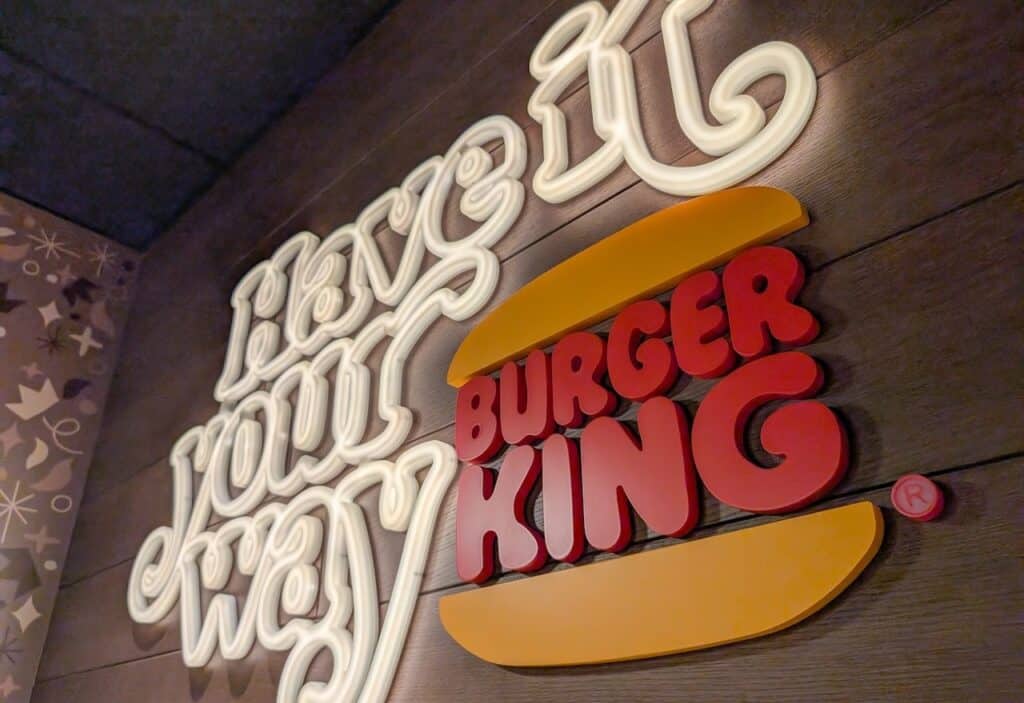
Burger King class action lawsuit overview:
- Who: A California federal judge has refused to send a proposed class action lawsuit against Burger King’s parent company to arbitration.
- Why: The plaintiff claims the company illegally tracked website visitors who opted out of the practice.
- Where: The Burger King class action lawsuit was filed in California federal court.
A California federal judge has refused arbitration on a proposed class action lawsuit accusing Burger King’s parent company of illegally tracking website visitors who had opted out of the practice.
In a Sept. 5 ruling, U.S. District Judge Jacqueline Scott Corley denied a motion filed by Restaurant Brands International Inc. and its subsidiary Restaurant Brands International U.S. Services LLC to compel arbitration of the class action allegation.
Plaintiff Daniel Pemberton accused the companies of violating the California Invasion of Privacy Act and committing invasion of privacy and fraud by placing third-party cookies on the devices of website visitors who had opted out of the sale or sharing of their personal data.
The Burger King class action lawsuit defendants argued that Pemberton’s claims were subject to arbitration through the website’s terms of service. However, Judge Corley found there was insufficient evidence to conclude that the plaintiff had “actual or constructive notice” of the terms containing the arbitration agreement or had taken any action to “manifest his assent” to this contract offer.
Burger King website did not provide adequate notice of arbitration agreement, judge says
According to Judge Corley, the way that the terms were presented on the Burger King website was not enough to provide adequate notice.
Pemberton, who claimed to have never ordered from Burger King, downloaded the fast food chain’s mobile app or signed up for its rewards program. The plaintiff claims the disputed terms of service did not appear on the website’s home page but rather was only accessible if a user clicked on “the small ‘menu’ link” in the corner of the home page and chose the “terms of service” link that appears among “a list of many other hyperlinks.”
Judge Corley concluded that the “browsewrap agreement” was insufficient to provide the plaintiff with constructive notice. “The website did not provide reasonably conspicuous notice of the Terms of Service; indeed, Defendants do not contend it did,” the judge found.
Currently, Adobe is facing a class action lawsuit accusing the company of secretly tracking and monetizing consumers’ online data without their knowledge or consent.
What do you think of the allegations made in this Burger King class action lawsuit? Let us know in the comments.
Pemberton is represented by Seth A. Safier, Marie A. McCrary, Todd Kennedy, Patrick Branson and Kali R. Backer of Gutride Safier LLP.
The Burger King class action lawsuit is Pemberton v. Restaurant Brands International Inc., et al., Case No. 3:25-cv-03647, in the U.S. District Court for the Northern District of California.
Don’t Miss Out!
Check out our list of Class Action Lawsuits and Class Action Settlements you may qualify to join!
Read About More Class Action Lawsuits & Class Action Settlements:
- Google class action trial ends with $425M verdict for cellphone users over app data tracking
- 1.1 million Farmers Insurance customers hit by data breach linked to Salesforce hack
- Apple hit with class action lawsuit for using authors’ works in AI training
- Disney agrees to $10M settlement over kids’ data collection















287 thoughts onJudge tells Burger King it must face class action allegations of illegal web tracking
Add me please
Pleaser Add me this is INSANE!
Add me please
Add me please
Please add me
Add me.
Add me
Add me please